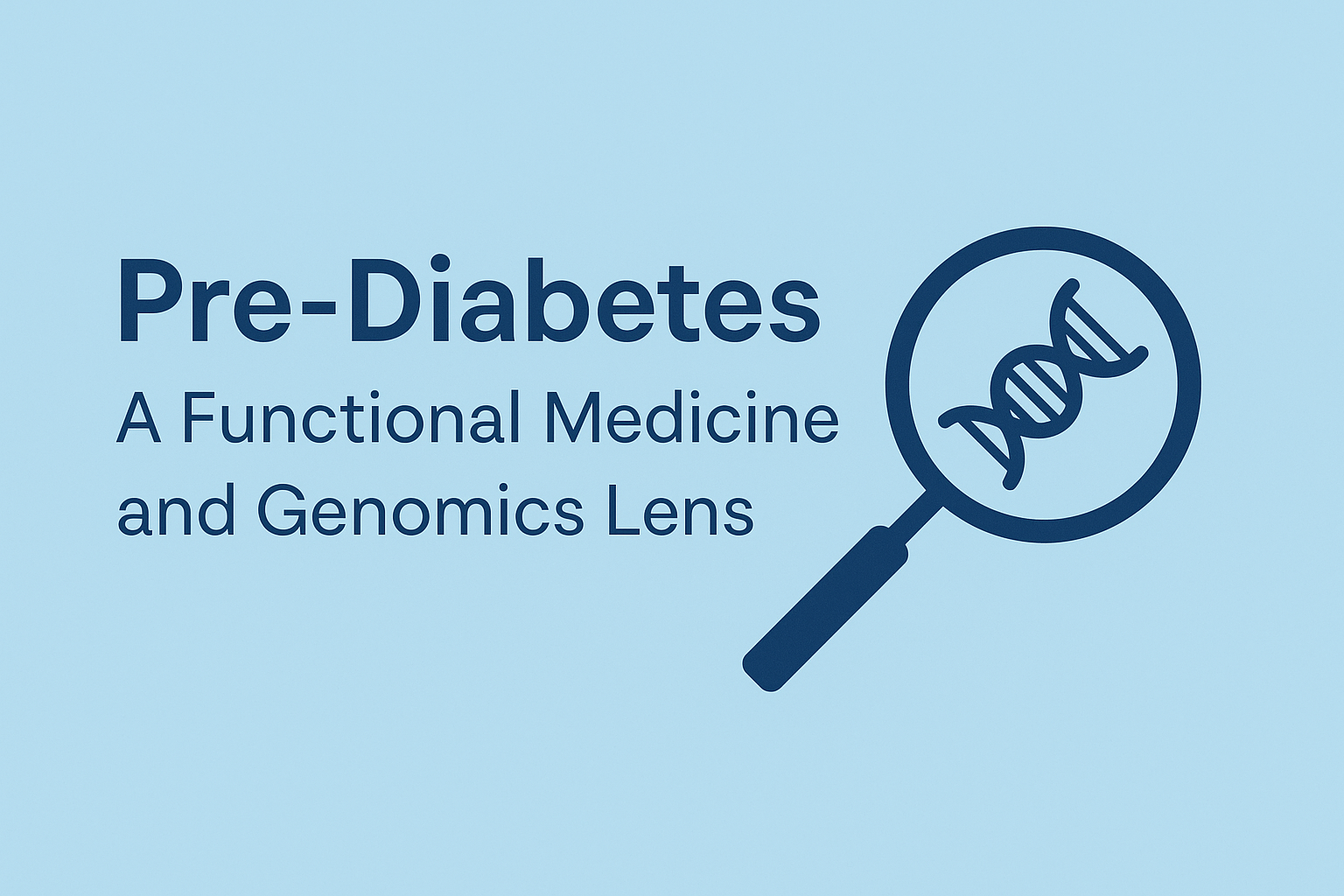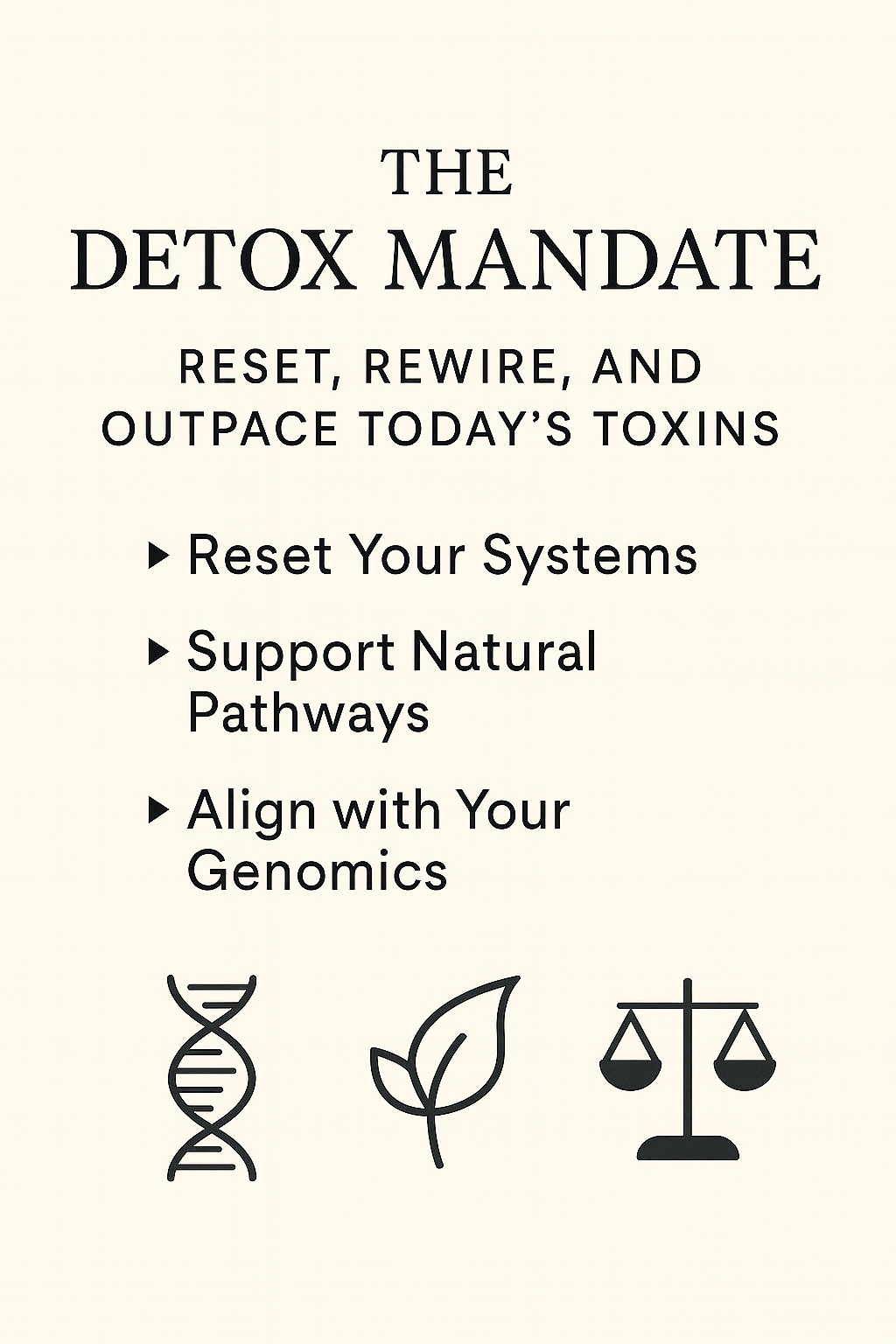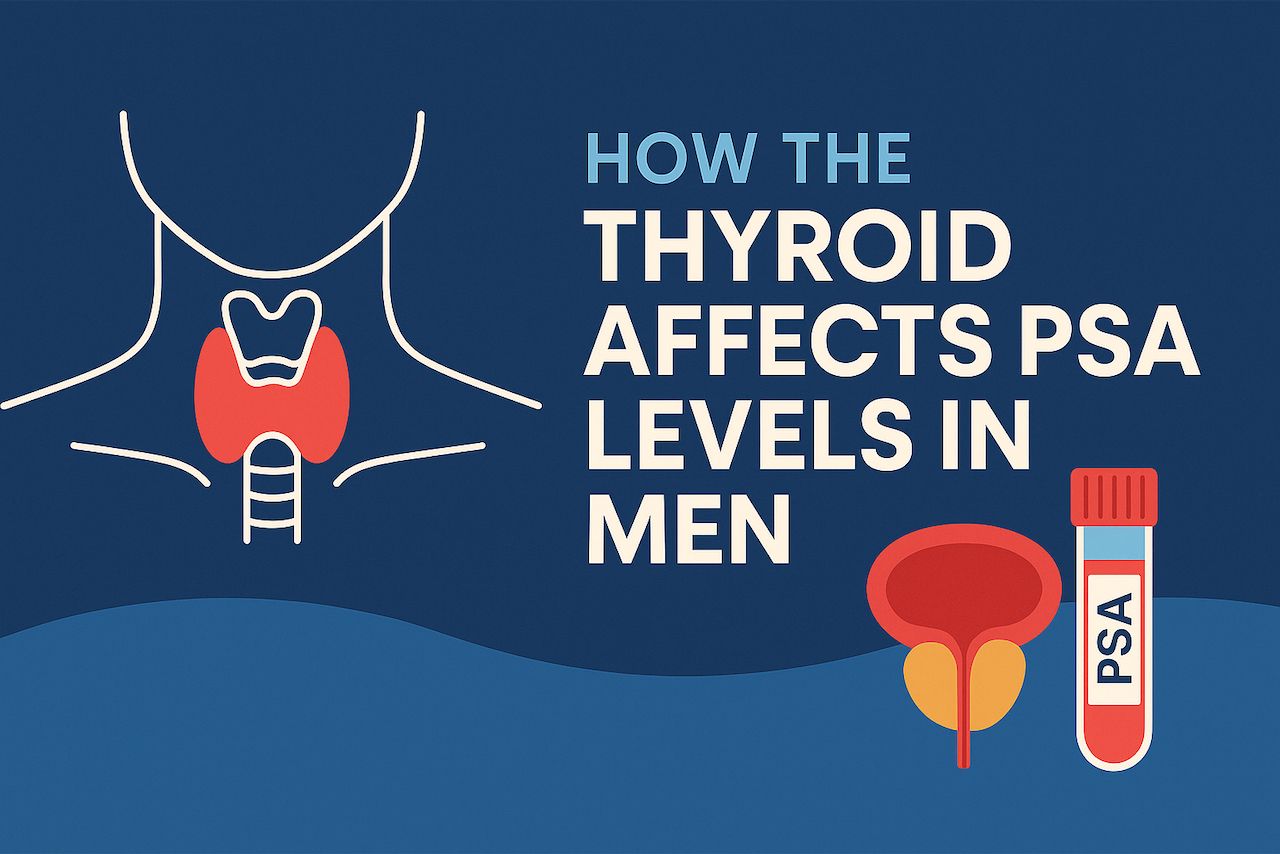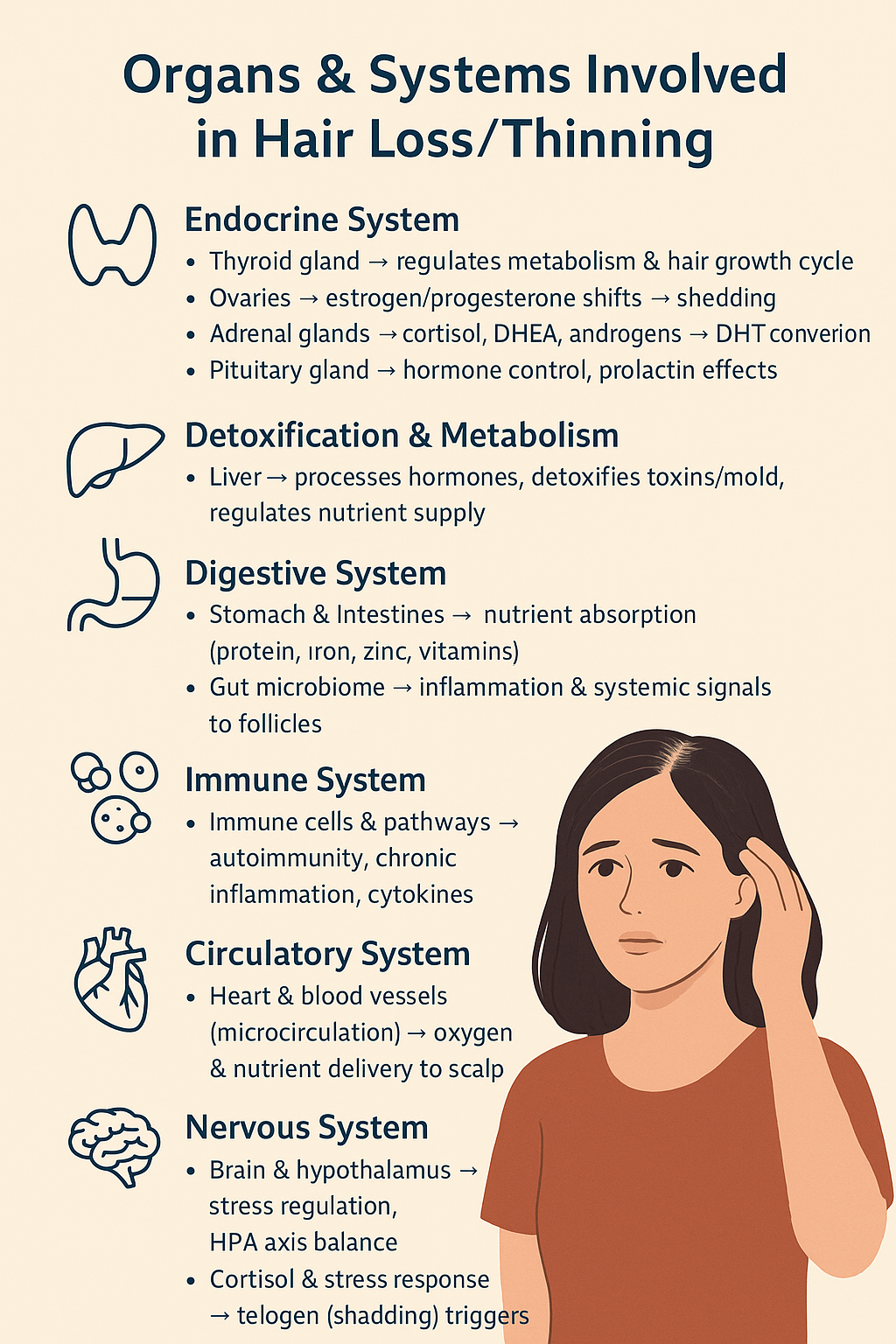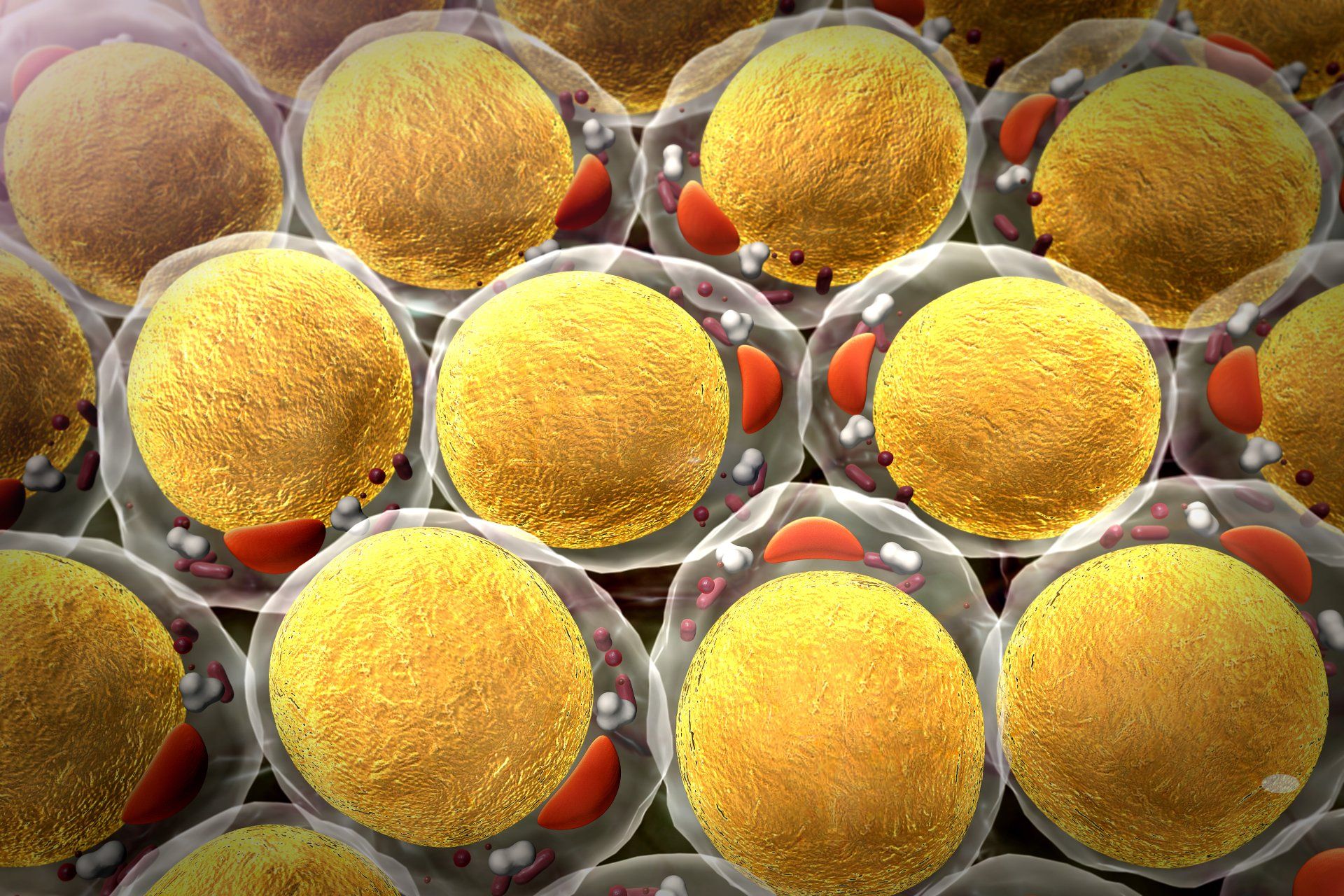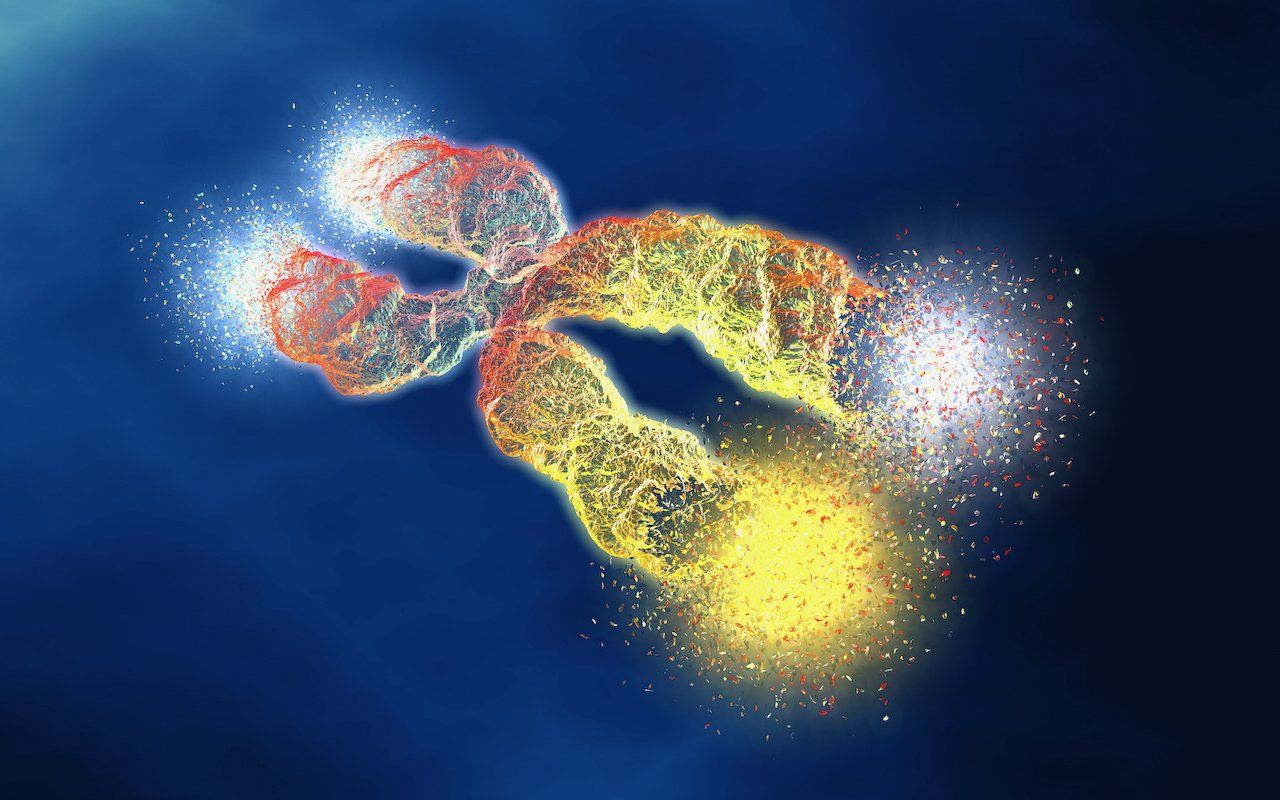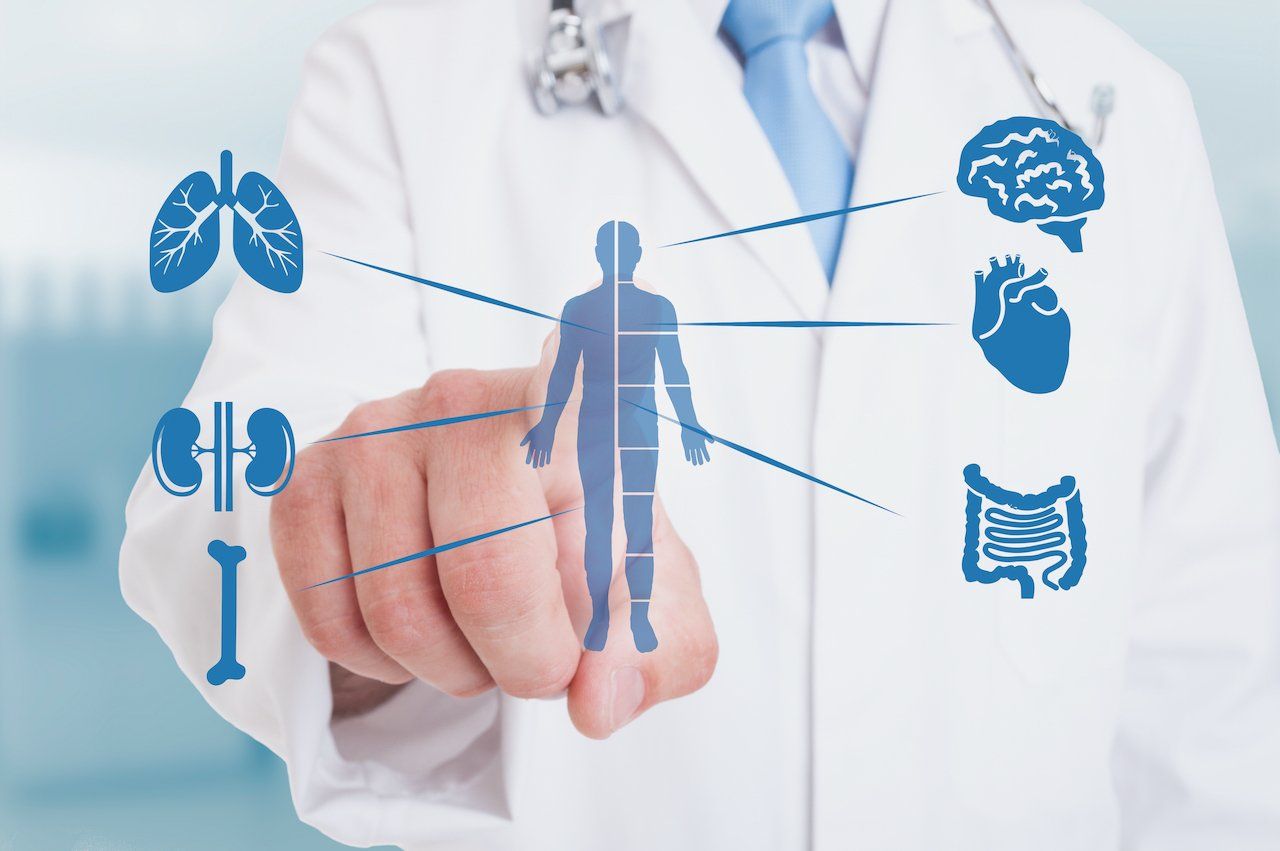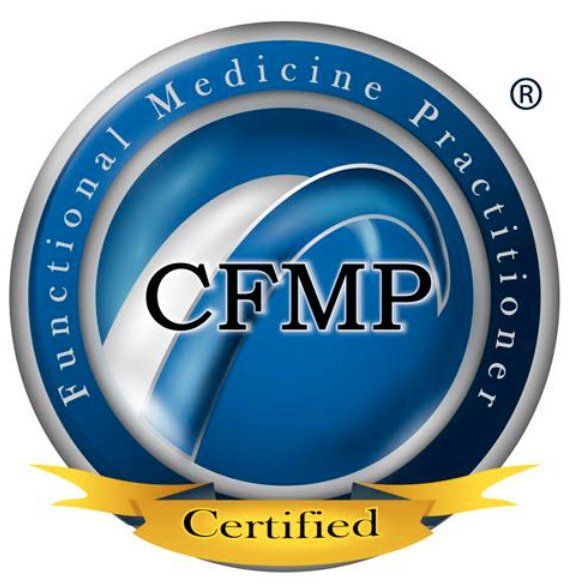15 Health Conditions Linked to Your Gut and an Imbalanced Microbiome: How to Restore Balance for Better Health
Your gut health is extremely important, and when it is imbalanced, it can lead to several health conditions. In this blog post, we will discuss 15 health conditions that are linked to an imbalanced microbiome. We will also provide tips on how you can restore balance in your gut and improve your overall health!
We all know how important gut health is for our general health, but did you know that an imbalanced microbiota might cause a slew of illnesses? Here are 15 conditions that have been linked to an imbalanced microbiome:
- Allergies and asthma
- Autoimmune diseases
- Cancer
- Cardiovascular disease
- Depression and anxiety
- Digestive disorders: irritable bowel syndrome (IBS), Small intestinal bacterial overgrowth (SIBO), and inflammatory bowel disease (IBD).
- Eczema, acne, and psoriasis
- Fatigue syndrome
- Hormonal imbalances: Infertility and PCOS
- Insulin resistance and type II diabetes
- Migraines and headaches
- Neurodegenerative diseases: Alzheimer’s disease, Parkinson’s disease, and multiple sclerosis.
- Nonalcoholic Fatty Liver Disease (NAFLD) and Nonalcoholic Steatohepatitis (NASH)
- Obesity
Recommendations
There are a few things you can do to restore balance in your gut and improve your overall health. First, focus on eating a nutrient-dense diet that includes plenty of fresh fruits, vegetables, and whole grains. The Mediterranean diet is particularly beneficial for gut health. Second, make sure to get enough high-quality probiotics, prebiotics, and fermented foods. Probiotics are live bacteria that can help restore balance to your gut. Prebiotics are indigestible fibers that act as food for probiotics. Fermented foods are a great source of both probiotics and prebiotics. Third, eliminating processed foods, sugars, and other inflammatory foods that can trigger an imbalance in gut bacteria. Keeping a daily food diary can help identify food sensitivities. Fourth, avoiding antibiotics when possible is also key, as they can kill both good and bad bacteria in your gut. If you must take them, make sure to supplement with probiotics to help restore balance. Always consult with your healthcare practitioner before stopping or starting any medications. Finally, make sure to get enough sleep and manage stress levels as both can hurt gut health.
By following these tips, you can help restore balance in your gut and improve your overall health! If you are struggling with any chronic health conditions, work with a Functional Medicine Practitioner to find the best treatment plan for you.
If you'd like to learn more about microbiota and gut health, I highly recommend my new
book, "Understanding Genomics;
How Nutrition, Supplements, and Lifestyle Can Help You Unlock Your Genetic Superpowers".
This book is a must-read if you want to learn how to control your genetic destiny!
Order a copy today!
Until then, stay healthy and happy!
Dr. Marios Michael
Resources:
- Dr. Marios Michael, DC, CNS, cFMP, 06/2022, Understanding Genomics; How Nutrition, Supplements, and Lifestyle Can Help You Unlock Your Genetic Superpowers, 1st edition, Austin, Bookbaby.
- Xu H, Liu M, Cao J, Li X, Fan D, Xia Y, Lu X, Li J, Ju D, Zhao H. The Dynamic Interplay between the Gut Microbiota and Autoimmune Diseases. J Immunol Res. 2019 Oct 27;2019:7546047. doi: 10.1155/2019/7546047. PMID: 31772949; PMCID: PMC6854958.
- Álvarez-Arraño V, Martín-Peláez S. Effects of Probiotics and Synbiotics on Weight Loss in Subjects with Overweight or Obesity: A Systematic Review. Nutrients. 2021 Oct 17;13(10):3627. doi: 10.3390/nu13103627. PMID: 34684633; PMCID: PMC8540110.
- Clapp M, Aurora N, Herrera L, Bhatia M, Wilen E, Wakefield S. Gut microbiota's effect on mental health: The gut-brain axis. Clin Pract. 2017 Sep 15;7(4):987. doi: 10.4081/cp.2017.987. PMID: 29071061; PMCID: PMC5641835.
- He Song, Li Hao, Yu Zehui, Zhang Faming, Liang Sicheng, Liu Hang, Chen Hongwei, Lü MuHan. The Gut Microbiome and Sex Hormone-Related Diseases. Frontiers in Microbiology.Vol. 12 2021. https://www.frontiersin.org/articles/10.3389/fmicb.2021.711137 DOI=10.3389/fmicb.2021.711137 .ISSN=1664-302X
- Tang WH, Kitai T, Hazen SL. Gut Microbiota in Cardiovascular Health and Disease. Circ Res. 2017 Mar 31;120(7):1183-1196. doi: 10.1161/CIRCRESAHA.117.309715. PMID: 28360349; PMCID: PMC5390330.
- Vivarelli S, Salemi R, Candido S, Falzone L, Santagati M, Stefani S, Torino F, Banna GL, Tonini G, Libra M. Gut Microbiota and Cancer: From Pathogenesis to Therapy. Cancers (Basel). 2019 Jan 3;11(1):38. doi: 10.3390/cancers11010038. PMID: 30609850; PMCID: PMC6356461.
- Fujimura KE, Lynch SV. Microbiota in allergy and asthma and the emerging relationship with the gut microbiome. Cell Host Microbe. 2015 May 13;17(5):592-602. doi: 10.1016/j.chom.2015.04.007. PMID: 25974301; PMCID: PMC4443817.
- Nagao-Kitamoto H, Kitamoto S, Kuffa P, Kamada N. Pathogenic role of the gut microbiota in gastrointestinal diseases. Intest Res. 2016 Apr;14(2):127-38. doi: 10.5217/ir.2016.14.2.127. Epub 2016 Apr 27. PMID: 27175113; PMCID: PMC4863046.
- Wang R, Tang R, Li B, et al. Gut microbiome, liver immunology, and liver diseases. Cell Mol Immunol 2021;18(1):4-17.
Medical Disclaimer: The information included on this blog is for educational purposes only. It is not intended nor implied to be a substitute for professional medical advice. The reader should always consult his or her healthcare provider to determine the appropriateness of the information for their own situation or if they have any questions regarding a medical condition or treatment plan. Never disregard professional medical advice or delay in seeking it because of something you have read on this blog! Reading the information on this blog does not create a physician-patient relationship.
These statements have not been evaluated by the Food and Drug Administration. This product is not intended to diagnose, treat, cure, or prevent any disease.

